
Pluto Transits Moon: A Time to Grieve
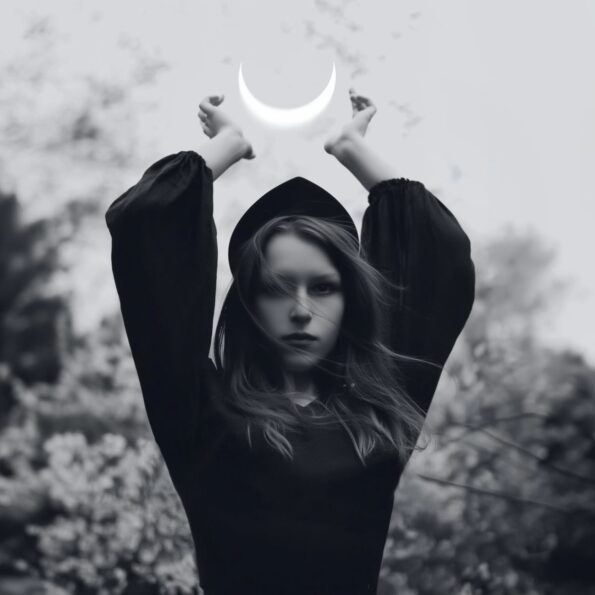 When Pluto transits the Moon, whether it be a conjunction, square, trine, or opposition, it’s a seismic event in the inner world. Imagine a tectonic plate shift beneath the oceans of your emotions. The waters rise, crash, and churn, exposing the deep, dark trenches that normally lie hidden in the comfortable quiet of routine. This is not a moment for polite introspection; it’s a summons to the underworld of the self, where transformation is unavoidable. Pluto doesn’t ask for your permission either, it drags you, sometimes kicking and screaming, into the realms of surrender. Its power is uncompromising. It says, “What you’ve ignored, you’ll now confront. What you’ve buried, you’ll unearth.” The Moon, being the ruler of our emotions, doesn’t escape Pluto’s intensity unscathed. In this transit, the Moon’s reflective light is all but eclipsed by the shadow Pluto casts, forcing you to confront your fears, vulnerabilities, and emotional truths with piercing intensity.
When Pluto transits the Moon, whether it be a conjunction, square, trine, or opposition, it’s a seismic event in the inner world. Imagine a tectonic plate shift beneath the oceans of your emotions. The waters rise, crash, and churn, exposing the deep, dark trenches that normally lie hidden in the comfortable quiet of routine. This is not a moment for polite introspection; it’s a summons to the underworld of the self, where transformation is unavoidable. Pluto doesn’t ask for your permission either, it drags you, sometimes kicking and screaming, into the realms of surrender. Its power is uncompromising. It says, “What you’ve ignored, you’ll now confront. What you’ve buried, you’ll unearth.” The Moon, being the ruler of our emotions, doesn’t escape Pluto’s intensity unscathed. In this transit, the Moon’s reflective light is all but eclipsed by the shadow Pluto casts, forcing you to confront your fears, vulnerabilities, and emotional truths with piercing intensity.
When Pluto tangles with the Moon, it dredges up emotions so primordial, that it can feel like the ground beneath your feet is crumbling. The Moon governs the emotional home, the physical home, the places where we feel safest. And when Pluto comes along, safety can feel like an illusion, as if everything you’ve built to protect yourself is suddenly under siege. The heightened emotions you can feel at this time are classic under Pluto’s influence. Jealousy, fear, rage—these are not surface-level feelings; they’re the deep, volcanic ones that churn in the shadowed recesses of the psyche.
Pluto doesn’t scratch the surface; it plunges to the depths, uncovering old wounds and hidden vulnerabilities. And often, it’s not abstract—it’s someone or something in your life that becomes the trigger for these feelings. Maybe it’s a partner, a colleague, or a situation that exposes insecurities you thought you’d long buried.
Women: Feeling Under Threat
For women, this transit can be particularly troubling, as the Moon’s association with the feminine, the body, and the home comes under direct attack. That sense of home—a place that should feel safe—can start to feel unsteady, even hostile. Stalking behaviors, manipulative people, or threatening situations can emerge during this time, shaking your sense of security to its core. The path through such a transit is not easy. It demands that you strengthen yourself—not with walls of avoidance or denial, but with the kind of self-trust that only comes from diving deep into the discomfort.
This might mean addressing the fear and creating boundaries. It might mean facing past trauma or redefining what safety looks like for you. And sometimes, it means seeking help—from trusted allies, professionals, or anyone who can offer the support and perspective you need. Pluto might rattle your sense of security, but it also holds the potential to help you rebuild it on stronger, truer foundations.
Powerful (Pluto) Emotions (Moon)
When Pluto and the Moon meets, it’s like an emotional magnifying glass being held over your soul. Everything you feel becomes magnified, as though the volume of your inner world has been cranked up to the maximum. Everything feels more intense—almost exaggerated—because Pluto has this way of drilling straight into the core of your feelings. This intensity can feel overwhelming, even unbearable at times. Every emotion—grief, anger, jealousy, fear—becomes vivid, unignorable. Your emotional range is expanded, and even the subtle feelings that might usually pass unnoticed now have a deafening presence. You’re not just sad; you’re gutted. You’re not just anxious; you’re terrified. It doesn’t want you skimming the surface; it demands depth, no matter how uncomfortable. During this transit, someone or something external often acts as a catalyst for these deep emotions. It might be a person who triggers feelings of jealousy, inadequacy, or vulnerability, or it could be a situation that stirs up your deepest fears. These aren’t casual feelings either—they’re the kind that grip your stomach, tighten your chest, and make your mind spiral into places you’d rather not visit.
Pluto forces you to sit with those uncomfortable truths, asking you to face what you’d typically avoid. When Pluto stirs things up, it can feel like your personal life is under attack. There might be real threats from others—or an overwhelming sense that your boundaries aren’t being respected. That feeling of being violated or unsafe can be deeply unsettling, pulling you into a state of hyper-awareness and fear. It’s not only emotional; it’s primal. This transit might push you to redefine your boundaries, your relationships, and even your relationship with yourself.
When Pluto transits the Moon, it rips the curtain away, exposing the fragile underpinnings of what you’ve relied on to feel safe. It forces you into a state where your primal instincts take over, where hyper-vigilance becomes second nature, and where the safety you once took for granted suddenly feels perilously out of reach. This feeling of violation is deeply unsettling because it strikes at the Moon’s core—our need for a place or state of being where we feel protected. Whether it’s someone crossing your physical boundaries or a situation that feels emotionally invasive, this transit can shake you to the point where even the idea of security feels tenuous. It’s a time to acknowledge where you’ve been vulnerable and to take steps to protect and empower yourself—not by shutting down, but by standing firm in your worth. Seek out the support you need, whether it’s through friends, family, or professionals, and don’t hesitate to prioritize your well-being, both emotional and physical.
The Body
This is a time when the body—the vessel of the Moon—may leave its own cryptic messages. Perhaps a heaviness lingers in your chest, or your bones ache in ways that feel older than you are. These sensations could also be an energetic manifestation of the unresolved energies stirring within. This is the language Pluto speaks, a dialect of symptoms and symbols, urging you to listen, to heal, to transform.
When Pluto’s transformative energy saturates your Moon’s emotional realm, old patterns may crumble as long-held fears, resentments, or griefs rise to the surface. Because the Moon represents the body, these transits might manifest physically. Aches, unexplained pains, or even sudden health crises could surface, perhaps as signals to recalibrate.
This process can be a confrontation that reverberates through every cell of the body. The Moon governs our physical and emotional realm, so under Pluto’s oppressive energy, our health and well-being often become mirrors of what we refuse to address. Pluto’s transits to the Moon can manifest with an unsettling physicality, particularly for women, given the Moon’s deep symbolic and energetic connection to the feminine principle, the body, and nurturing.
The Moon rules over themes of motherhood, emotional safety, and the rhythms of life itself. When Pluto, the harbinger of transformation and shadow work, crosses its path, the effects can ripple out not only emotionally but physically, often touching the most intimate aspects of one’s life. For some women, this means the physical body becomes the stage upon which Pluto’s demands for transformation play out, especially in the realms traditionally governed by the Moon—nurturing, cycles, and creation. Health issues that arise under such a transit come with the weight of something deeper. Reproductive health often takes center stage: hormonal imbalances that destabilize, fibroids or tumors that demand attention, fertility struggles that surface, or menstrual cycles that seem to mirror the chaos of the inner world.
It’s important to approach these physical disruptions with both curiosity and care. This isn’t to say that every health issue under a Pluto transit is purely symbolic—far from it. Physical symptoms are real and must be treated with the seriousness they deserve. But alongside the medical response, there’s often an emotional or spiritual thread worth exploring. Is there grief around motherhood, whether experienced or unfulfilled? Are there unresolved emotions tied to feminine identity, sexuality, or the stories carried down the female line of the family? Pluto not only stirs the pot; it digs up the roots.
For some women, these health issues can feel like a confrontation with mortality or limitations, especially when dealing with conditions like tumors or other life-altering diagnoses. The process might demand releasing old fears, confronting vulnerability, or reevaluating what it means to care for yourself as a whole person.
A Season of Mourning
When Pluto transits the Moon it can symbolize a season of mourning, a painful confrontation with the ghosts of what has been buried in the Plutonian depths of the unconscious. Life sets out a black-draped mirror and compels us to gaze into it, showing us not only what we’ve lost, but also what we’ve ignored in our rush to feel safe and secure. The Moon, tender and protective, craves safety, a womb-like cocoon where we can rest in the comfort of the familiar. Pluto, however, smashes the fragile shell of this comfort to reveal the sticky, unexamined truths within.
It arrives in forms we often resist: betrayal, separation, loss—each one an emissary carrying Pluto’s relentless demand for transformation. But these experiences, as gut-wrenching as they are, serve a higher purpose. They force us to strip away illusions, to grieve what we must leave behind, and ultimately, to rebuild from the ashes.
The Maternal Line
Under a Pluto-Moon transit, the maternal line often becomes a focal point for transformation. When Pluto comes calling, it digs into the roots of your familial tree, exposing old wounds, inherited dynamics, and unspoken truths that may have lain dormant for generations. In this time, relationships with mothers can feel particularly intense or strained. If there are unresolved tensions—resentments, misunderstandings, or unmet needs—this transit will amplify them, sometimes to the point where confrontation feels inevitable. It’s not conflict for the sake of conflict; it’s a chance to break free from patterns that have kept you emotionally stagnant. Pluto asks, What needs to be healed here? What needs to be released? What truth have you avoided seeing, and what forgiveness, boundaries, or reckonings are required to move forward?
For some, this transit brings the mother’s struggles to the forefront. She may experience her own challenges, whether emotional, physical, or both. Illness, particularly of a transformative or long-term nature, might appear, drawing your attention to the fragility and humanity of the maternal figure. This can be deeply painful, especially if you’ve relied on her as a source of strength or stability. But even in this, Pluto works its alchemy, inviting you to step into your own power, to care for her (if possible) without losing yourself, and to come to terms with the ways in which this relationship has shaped you.
When Pluto transits the Moon, the symbolism of death often looms large. And in some cases, this transit can signify the literal passing of a mother or maternal figure, or someone who embodies those mothering qualities the Moon represents. But death in the context of Pluto-Moon transits isn’t always literal. It’s just as likely to symbolize the “death” of something intangible yet deeply felt—the emotional bonds that tied you to a version of your mother, your family, or even your sense of self. If your mother passes under such a transit, the grief that follows may go beyond the physical loss, delving into layers of unresolved emotions, unspoken truths, and inherited patterns.
The symbolism of death can manifest in other ways. Perhaps you come to terms with the loss of innocence regarding who your mother is as a person—seeing her not as the idealized figure of your childhood but as a flawed, complex human being. Maybe there’s a shift in the relationship, a letting go of old ways of relating, or a realization that certain expectations or patterns no longer serve either of you.
If you find yourself in the shadow of death under a Pluto-Moon transit, it’s important to allow space for grief in all its forms. Whether you’re mourning a person, a relationship, or an old version of yourself, that mourning needs time. It’s a process of release and renewal, one that connects you to the cycles of life and to Pluto’s ultimate promise: that from every ending comes the possibility of rebirth.
As with all things Pluto, the process can feel unrelenting, but it holds the promise of renewal. This is a time to honor the complexities of the maternal bond without being defined by it. Whether the work is about mending, grieving, forgiving, or simply understanding, it’s a chance to emerge from the underworld with a sense of empowerment and freedom. It’s not easy, but it is profoundly healing.
Pluto’s Grief
Pluto’s grief is so all-encompassing that it seeps into the very marrow of your being. This is the grief that doesn’t announce itself with clear labels or a singular cause but instead feels like an ocean rising within you, pulling at the shores of your emotions. Under a Pluto-Moon transit, this grief isn’t always about the literal loss of a person, though that can happen. More often, it’s the death of innocence, the shattering of long-held illusions about what family, motherhood, or your what your feelings should be. It’s a reckoning with the gap between what you needed and what you received, between what you hoped for and what life has delivered. This is not work for the faint of heart. It demands tears, quiet moments of reflection, and the courage to sit with the discomfort of the unknown. But it also holds the promise of transformation.
The Catalysts
The people who show up during this time are often manipulators, dominators, or abusers—they’re not coincidences but catalysts for change. They arrive like characters in a dark fable, embodying the very wounds we’ve tried to forget. Their presence is painful, even infuriating, but it’s also instructive. They reveal the power dynamics we’ve internalized, the ways we’ve betrayed ourselves, and the strength we must now summon to stand firm in our own boundaries. Under a Pluto-Moon transit, this catalyst acts as a mirror, reflecting back the hidden recesses of your emotional world. They may not even realize their role in the drama, yet there they are, stirring the pot of your soul, unlocking emotions you thought were buried or resolved. Perhaps it’s a relationship where old insecurities resurface—jealousy, fear of abandonment, or a feeling of powerlessness. Or maybe it’s someone who challenges your boundaries, pushing you into uncomfortable emotional territory. It might even be an external event that feels like it’s poking at a tender spot—something that reminds you of past wounds or triggers a deep-seated fear. Whatever form it takes, the catalyst doesn’t bring the emotions with them; they simply awaken what’s already inside you.
Maybe it’s grief from a loss you’ve never fully grieved, anger you’ve swallowed down, or fears you’ve tried to ignore. Pluto’s job is to ensure you confront these emotions head-on, and the catalyst is its chosen instrument. They stir the waters so that everything you’ve avoided rises to the surface, undeniable and raw. The irony is, these catalysts often feel like troublemakers—disruptors of your peace. But if you step back, you might see them as unlikely guides. They’re showing you where the work needs to be done, where the shadows lie, and where the light can eventually break through.
It’s not easy, of course. Pluto doesn’t deal in easy. But through the discomfort and intensity, there’s the potential for profound emotional liberation. The key is to notice the pattern: what’s being triggered, and why? What old stories are being reawakened? Instead of reacting to the catalyst, try to understand what they’re revealing about your inner world. That’s where the transformation begins.
This transit burns away all that is false, weak, or stagnant. It feels like an undoing because it is—but only of the things we’ve outgrown. What remains, though tempered by fire, is unshakable. And that’s the paradox of Pluto’s transformation: in stripping us bare, it leaves us stronger. In forcing us to mourn, it opens us to joy. In confronting death, it reminds us how deeply alive we are.
“The idea of yourself, which you have grown up with, and which dates from childhood experiences, now due for an overhaul. This is necessary because habitual responses and defense mechanisms that you devised in your early years in order to protect yourself from real or imagined threats to your well-being, are now getting in the way of a healthy and continuous emotional interplay. In effect, you need to confront what your key emotional fears are, but it’s more than likely that they are focused on a deep and central fear of abandonment. Doing so is extremely painful and the temptation to use your old unconscious defense system is almost as intense as the need to get rid of them. But the more you succumb to this temptation—the more you will attract situations that actually make you feel abandoned—by a loved one, material resources, health, professional support—or whatever you rely upon for a feeling that you belong to someone or somewhere or something. Alternatively, you could feel horribly invaded or taken over by someone or something. But they won’t let go of you until you have let go of your old defenses. Anything or anyone that is an inextricable part of the old you must fall or be taken away. The new you eventually shows itself to have qualities and depths that were once fearfully hidden.” Lyn Birkbeck, The Instant Astrologer
Nicky Hilton, heir to the Hilton hotel fortune, was Elizabeth Taylor’s first husband. Liz’s natal Scorpion Moon was squared by transiting Pluto at the time of the marriage. After three nights of marriage, Elizabeth said he became mentally and physically abusive. He was a heavy gambler and drinker, she said. Once, while she was pregnant, he kicked her in the stomach so hard that she miscarried. It is common for Moon-Pluto transits to occur during times of intense emotional conflict, jealousy, and abuse, as well as when we are being forced to confront destructive patterns of behavior. We may have troubling encounters or venture into the underworld during a Pluto transit.
Dan Fogelberg is a vocalist, songwriter, composer, and multi-instrumentalist. He was first diagnosed with advanced prostate cancer in May of 2004. After a three-year battle with cancer, he passed away in 2007 at the age of 56. Transiting Pluto was conjunct the Moon at 21 degrees and Chiron at 27 degrees when the Cancer was diagnosed.
In 1952, a calendar featuring a nude photo of Marilyn Monroe caused a scandal. Pluto’s transit opposite her Moon brought back the old images. The Moon represents the past in astrology, and Pluto governs all things secret and forbidden. In such a situation, our vulnerabilities and secrets could be exposed.
At the time of her split from Brad Pitt, Jennifer Anniston had transiting Pluto conjunct her natal Moon. Amidst their intensity, Jennifer’s feelings are very real and honest. Betrayal, jealousy, vulnerability, and the need to rid oneself of emotional attachments are all emotions associated with the Moon-Pluto aspect. It was also a metaphor for the stages of mourning she was going through. There is a strong correlation between the onset of depression and Pluto transits, but these periods can also be transformative for the psyche.
The late opera star’s daughter, Gulian Pavarotti, is famous in her own right. At the time of Gulian’s father’s passing in 2007, she was experiencing the transit of Pluto to her natal Moon. There is a death in the environment when Pluto also squares the Saturn-Pluto opposition. All of a chart’s transits should be analyzed; when Pluto aspects the Moon, for example, feelings tend to become more stressful under other challenging transitions. After we’ve processed our grief and recovered our lives, we may find that we’ve developed a deeper connection to our feelings; this is analogous to clearing the decks so that we can begin a new chapter in our journey with a new consciousness.







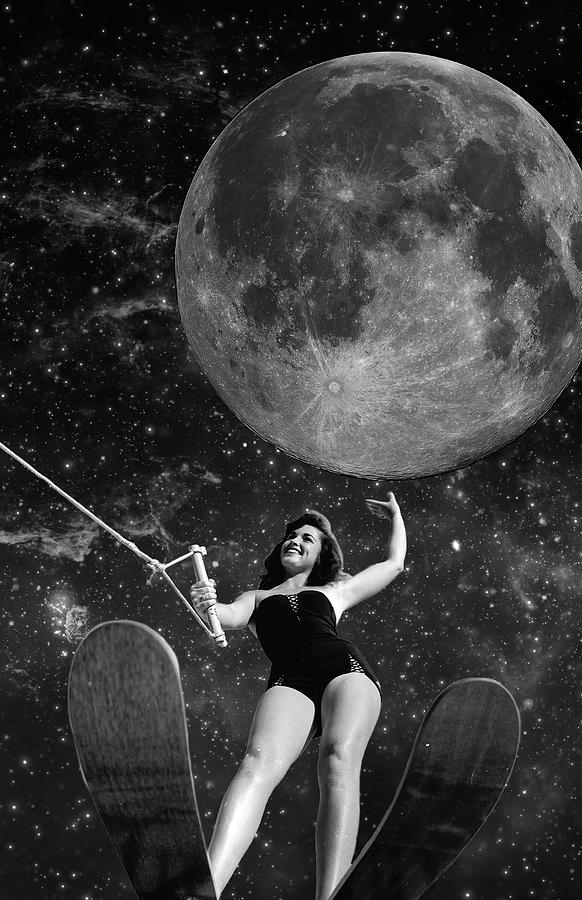

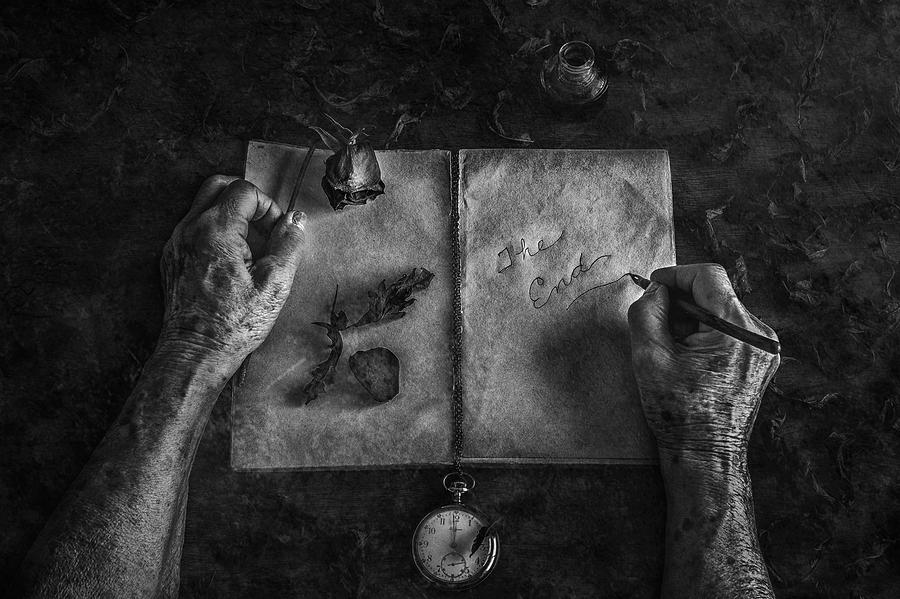





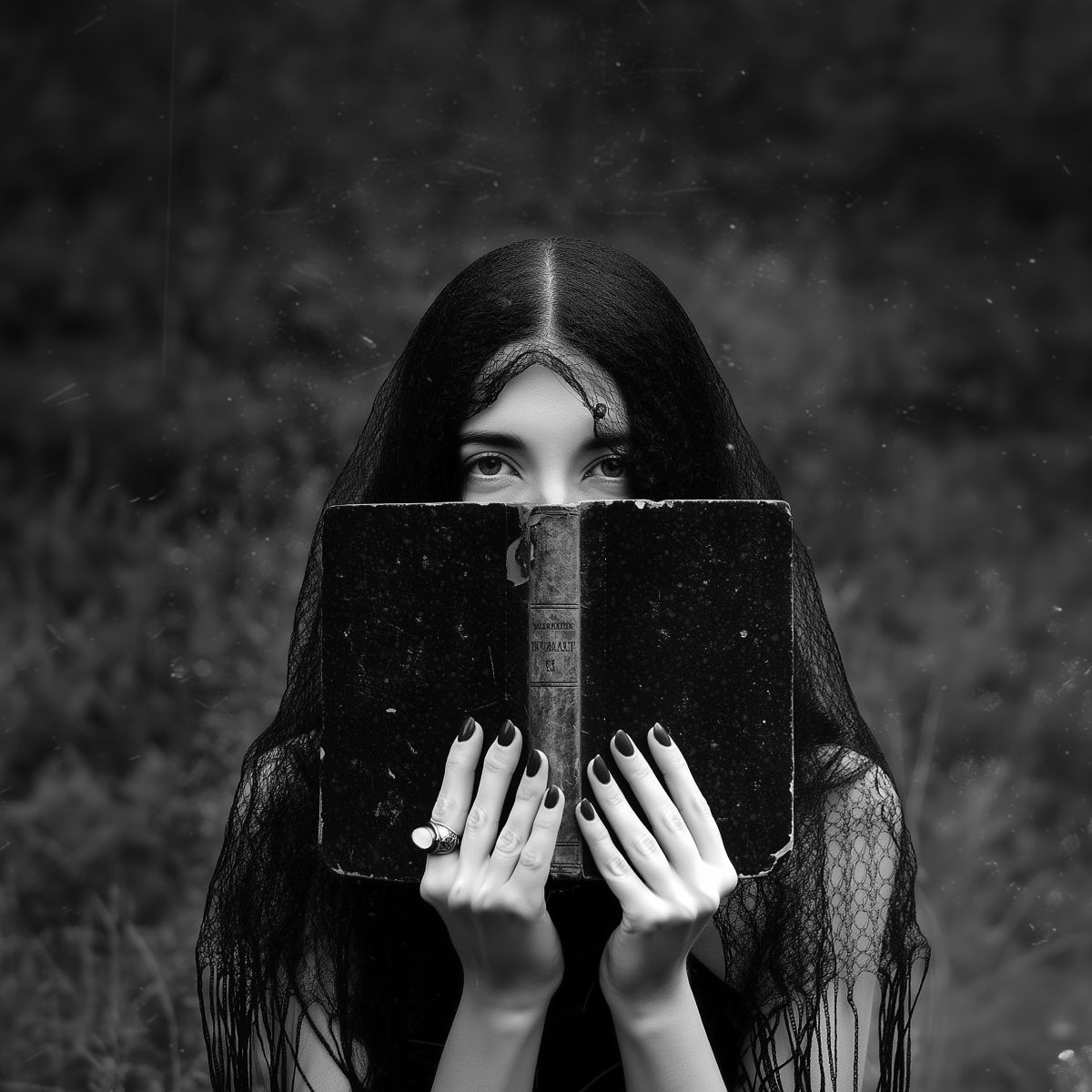



 Venus-Pluto Synastry: A Love So Powerful That It Might Just Kill Them
Venus-Pluto Synastry: A Love So Powerful That It Might Just Kill Them
 Reflections on a Past Venus-Pluto Synastry Aspect
Reflections on a Past Venus-Pluto Synastry Aspect
 Venus Trine Pluto: Dark Desires
Venus Trine Pluto: Dark Desires
 Mars Conjunct Pluto Synastry
Mars Conjunct Pluto Synastry
 Mars-Pluto Synastry: Something Quite Dark and Dangerous
Mars-Pluto Synastry: Something Quite Dark and Dangerous
 Moon Conjunct Pluto Synastry
Moon Conjunct Pluto Synastry
 Mars in Aquarius: Sex drive
Mars in Aquarius: Sex drive
 Sun Square Pluto Natal Aspect: I Am Titanium
Sun Square Pluto Natal Aspect: I Am Titanium
 Mars Conjunct Pluto Natal Aspect: From Ember to Inferno
Mars Conjunct Pluto Natal Aspect: From Ember to Inferno
 Venus Trine Mars Synastry
Venus Trine Mars Synastry
 Uranus Transits 8th the House: Rebirth from Chaos
Uranus Transits 8th the House: Rebirth from Chaos
 Venus in the 5th House
Venus in the 5th House
 Scorpio’s Cold Withdrawal
Scorpio’s Cold Withdrawal
 Moon in the 8th House: At Home in the Underworld
Moon in the 8th House: At Home in the Underworld
 Mercury Square Pluto Natal Aspect
Mercury Square Pluto Natal Aspect
 Sun Square Pluto Synastry: You’ve Got That Power Over Me
Sun Square Pluto Synastry: You’ve Got That Power Over Me
 Moon Conjunct Mars Natal Aspect
Moon Conjunct Mars Natal Aspect
 Neptune in the 4th House
Neptune in the 4th House
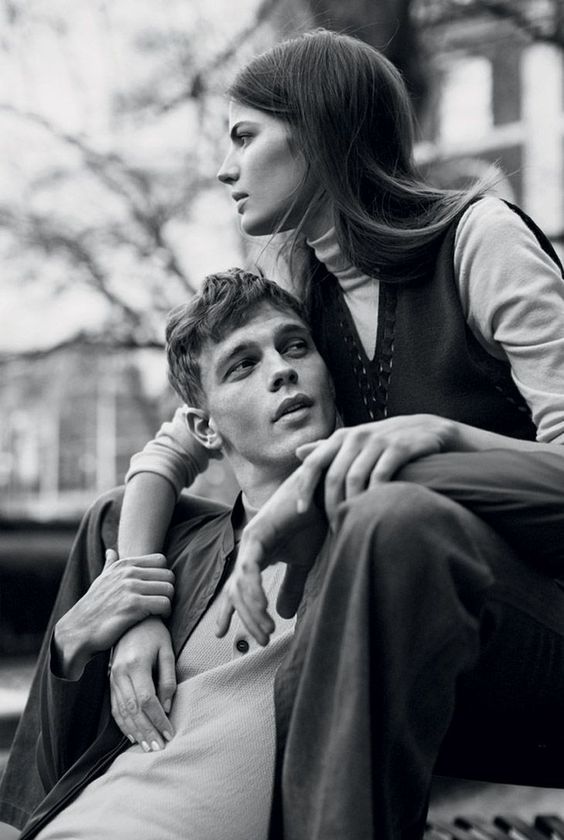 Moon-Saturn Synastry Aspects: A Lack of Emotional Affinity Between the Two of You?
Moon-Saturn Synastry Aspects: A Lack of Emotional Affinity Between the Two of You?